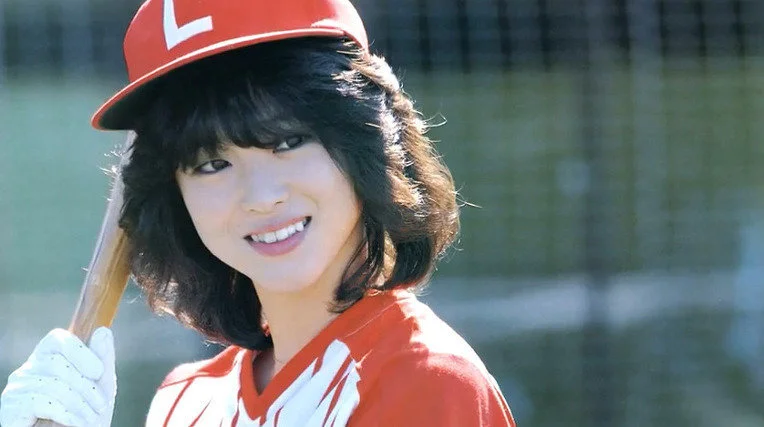Hanni’s performance of ‘Blue Coral Reef’ resonated with Korean audiences, boosting the song’s popularity and chart rankings. However, theqoo’s anti-Japanese sentiment led to accusations of pro-Japanese affiliations against Hanni and NewJeans.
Hanni’s Performance and its Reception
On June 26th, Hanni, a member of the K-pop group NewJeans, performed Seiko Matsuda’s classic song “Blue Coral Reef” at a fan meeting in Tokyo Dome. The performance was met with enthusiastic applause from the Japanese audience and garnered positive reviews from many Japanese fans. A video of Hanni’s rendition was uploaded to YouTube and quickly gained popularity in Korea, drawing praise from not only NewJeans fans but also the general public.

The popularity of Hanni’s performance led to a surge in interest in Seiko Matsuda’s original song. Her song even climbed the Melon music chart, indicating its newfound recognition among Korean listeners. Interestingly, it was observed that the song resonated more with younger generations (20s and 30s) than with those who experienced the Japanese bubble economy (50s and 60s). This suggests that the appeal of timeless classics transcends generations.
Controversy on theqoo
However, the news of Hanni’s performance and the song’s popularity took a turn when it reached the Korean online community theqoo, which is known for its strong anti-Japanese sentiment. Many theqoo members expressed negative reactions, primarily due to their aversion to Japanese music charting on Melon. They attempted to belittle Seiko Matsuda’s legendary singing skills and even labeled her as a far-right figure, despite her having no political affiliations. This labeling stemmed from her performance of the song “Kimigayo,” Japan’s national anthem, which is a common practice among Japanese artists. The theqoo members’ disregard for the context and their insistence on labeling Matsuda as an extremist highlight their narrow-minded perspective.
Their anti-Japanese sentiment extended to NewJeans as well. They criticized Hanni for choosing to sing Matsuda’s song and even condemned NewJeans’ collaboration with Japanese artist Murakami Takashi. These accusations were based on unfounded assumptions, painting NewJeans as pro-Japanese. However, both Matsuda and Murakami are artists with no ties to far-right ideologies, making the theqoo members’ claims baseless and malicious.
Rebuttal from NewJeans Fans and the Hypocrisy of theqoo Members
NewJeans fans, who are also active on theqoo, did not remain silent in the face of these accusations. They countered the attacks by pointing out the absurdity of criticizing an idol for performing a song in a foreign country. They also emphasized that the interest in Matsuda’s music was simply a result of Hanni’s performance, not a sign of pro-Japanese sentiment.
Furthermore, the fans exposed the hypocrisy of the theqoo members, who themselves consume Japanese media, including anime, music, and even travel to Japan for shopping. This double standard further highlights the irrationality and illogic of their anti-Japanese stance.
Ironically, these same NewJeans fans had previously attacked another K-pop group, LE SSERAFIM, for allegedly being pro-Japanese, based on the trivial reason of a photo taken with Mount Fuji in the background. This inconsistency exposes their own selective outrage and lack of genuine concern about Japanese issues.
Parallels to Korean Politics
The online discourse surrounding Hanni’s performance and the theqoo controversy mirrors the tactics often employed in Korean politics. The members’ act of labeling and attacking an unrelated group based on flimsy evidence resembles the smear campaigns often used by rival political parties. This highlights the dangers of politicizing cultural exchanges and the need for critical thinking to avoid falling prey to such manipulations.
Conclusion
The Hanni incident serves as a reminder of the importance of maintaining a rational and objective approach when evaluating cultural exchanges. It also underscores the need to challenge baseless accusations and promote open-minded discussions. By fostering a culture of critical thinking and respectful dialogue, we can prevent the spread of misinformation and promote a more harmonious society.
Here’s a link to theqoo.I appreciate you taking the time to read this post. Please share your thoughts in the comments!


I’m a 40-year-old Taiwanese man, and I’ve been completely obsessed with your music lately. Your songs, carried by the wind from the south, have brought so much happiness to my daily life these days. Thank you!